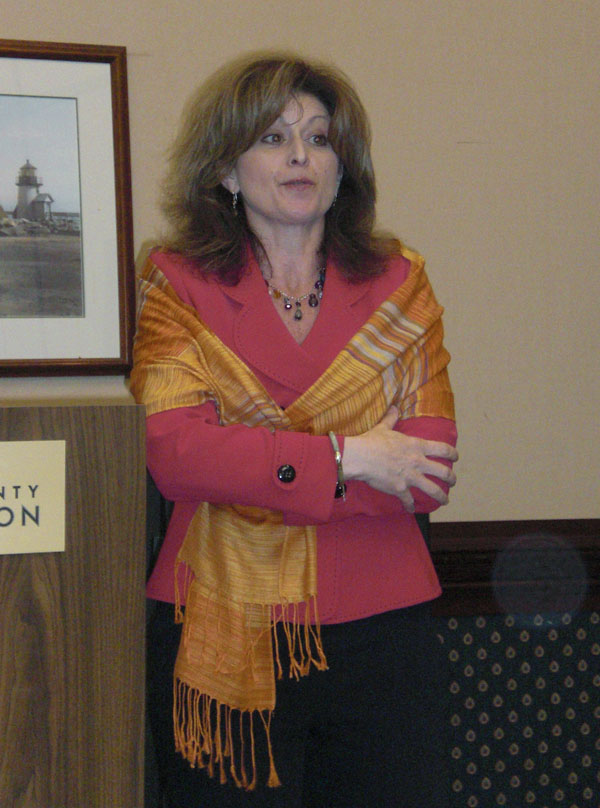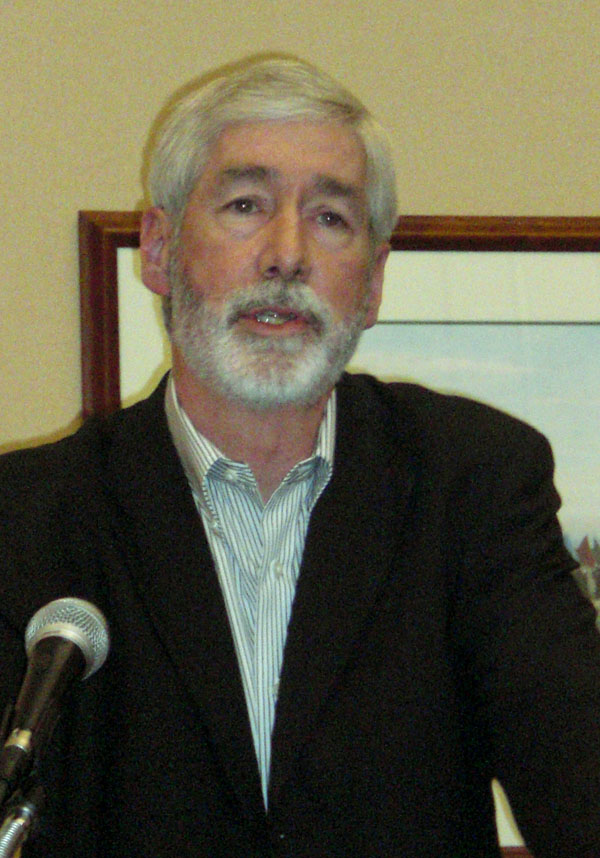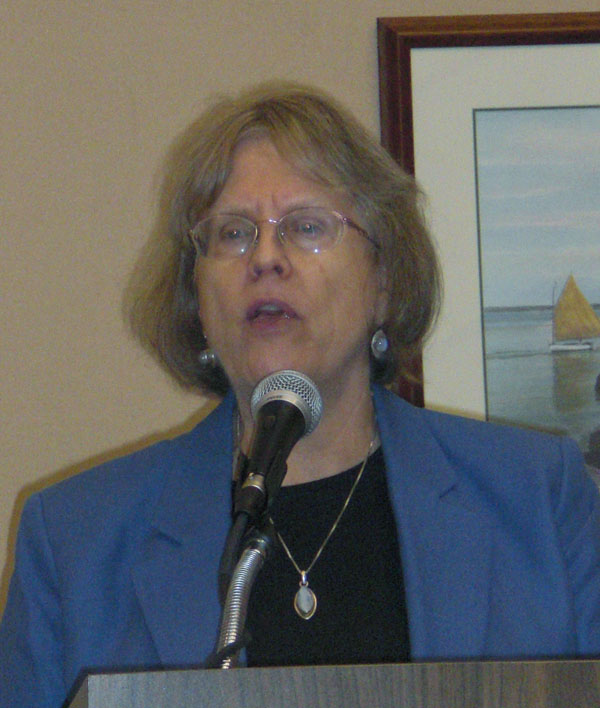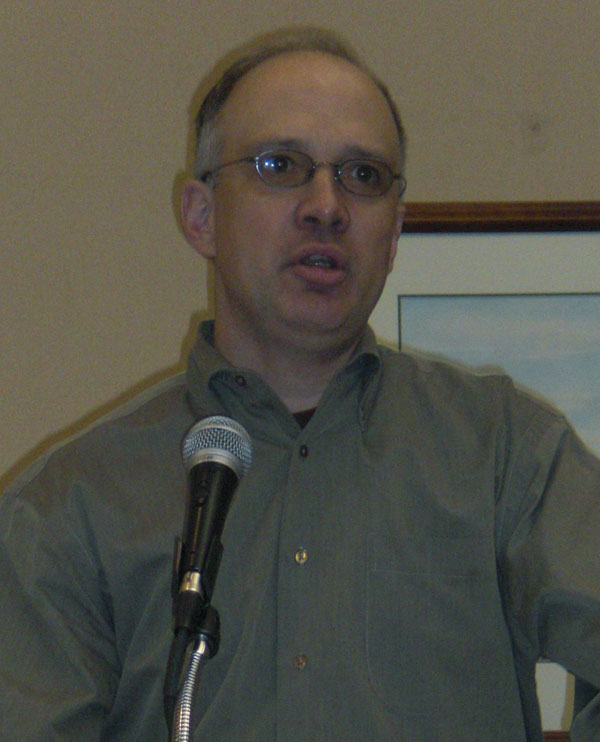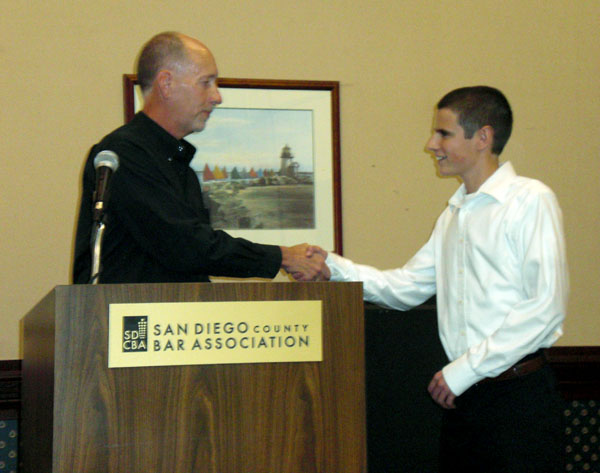| About Us | Contact Us | Calendar | Publish | RSS |
|---|
|
Features • latest news • best of news • syndication • commentary Feature Categories IMC Network:
Original Citieswww.indymedia.org africa: ambazonia canarias estrecho / madiaq kenya nigeria south africa canada: hamilton london, ontario maritimes montreal ontario ottawa quebec thunder bay vancouver victoria windsor winnipeg east asia: burma jakarta japan korea manila qc europe: abruzzo alacant andorra antwerpen armenia athens austria barcelona belarus belgium belgrade bristol brussels bulgaria calabria croatia cyprus emilia-romagna estrecho / madiaq euskal herria galiza germany grenoble hungary ireland istanbul italy la plana liege liguria lille linksunten lombardia london madrid malta marseille nantes napoli netherlands nice northern england norway oost-vlaanderen paris/Île-de-france patras piemonte poland portugal roma romania russia saint-petersburg scotland sverige switzerland thessaloniki torun toscana toulouse ukraine united kingdom valencia latin america: argentina bolivia chiapas chile chile sur cmi brasil colombia ecuador mexico peru puerto rico qollasuyu rosario santiago tijuana uruguay valparaiso venezuela venezuela oceania: adelaide aotearoa brisbane burma darwin jakarta manila melbourne perth qc sydney south asia: india mumbai united states: arizona arkansas asheville atlanta austin baltimore big muddy binghamton boston buffalo charlottesville chicago cleveland colorado columbus dc hawaii houston hudson mohawk kansas city la madison maine miami michigan milwaukee minneapolis/st. paul new hampshire new jersey new mexico new orleans north carolina north texas nyc oklahoma philadelphia pittsburgh portland richmond rochester rogue valley saint louis san diego san francisco san francisco bay area santa barbara santa cruz, ca sarasota seattle tampa bay tennessee urbana-champaign vermont western mass worcester west asia: armenia beirut israel palestine process: fbi/legal updates mailing lists process & imc docs tech volunteer projects: print radio satellite tv video regions: oceania united states topics: biotechSurviving Citieswww.indymedia.org africa: canada: quebec east asia: japan europe: athens barcelona belgium bristol brussels cyprus germany grenoble ireland istanbul lille linksunten nantes netherlands norway portugal united kingdom latin america: argentina cmi brasil rosario oceania: aotearoa united states: austin big muddy binghamton boston chicago columbus la michigan nyc portland rochester saint louis san diego san francisco bay area santa cruz, ca tennessee urbana-champaign worcester west asia: palestine process: fbi/legal updates process & imc docs projects: radio satellite tv |
printable version
- js reader version
- view hidden posts
- tags and related articles
Witness to Police Misconduct Speaks to ACLUby Mark Gabrish Conlan/Zenger's Newsmagazine Saturday, Feb. 20, 2010 at 4:51 AMmgconlan@earthlink.net (619) 688-1886 P.O. Box 50134, San Diego, CA 92165 Chris Carlino spoke at the annual meeting of the San Diego chapter of the American Civil Liberties Union (ACLU) February 18 and relived her experience being pepper-sprayed by an abusive sheriff's deputy at a fundraiser for Congressional candidate Francine Busby eight months earlier. Her attorney, Mike Marrinan, and Privacy Rights Clearinghouse director Beth Givens also spoke at the meeting, and San Diego ACLU staff attorney David Blair-Loy laid out the group's local legal agenda.
Witness to Police Misconduct Speaks to ACLU
Forum on Privacy Rights Discusses Attack on Busby Fundraiser Last June by MARK GABRISH CONLAN Copyright � 2010 by Mark Gabrish Conlan for Zenger�s Newsmagazine � All rights reserved PHOTOS, top to bottom: Chris Carlino (wearing a scarf she also wore on June 26, 2009), Mike Marrinan, Beth Givens, Lorraine Wrightman, David Blair-Loy, and Max Oglethorpe (right) receiving a Bill of Rights Award from San Diego ACLU board member David Higgins �I�ve been agonizing over how to relate to you what happened,� said Christine �Chris� Carlino at the annual meeting of the San Diego chapter of the American Civil Liberties Union (ACLU) February 18. �It was one of the most frightening experiences of my life.� She was there to talk about being a victim of a lone sheriff�s deputy, Marshall Abbott, and his raid on the home of a Lesbian couple in Encinitas last June 26 while they were hosting a fundraiser for Democratic Congressional candidate Francine Busby. The incident was widely reported in the local media when it happened, but Carlino � a surprise guest at the ACLU event at the San Diego County Bar Association -� had a chilling personal story to tell about how it went down. Mike Marrinan, an attorney representing the homeowners and others at the event in their lawsuit against the county, also spoke. An attorney, Carlino said she and her husband got to know the hosts of the fundraiser, Shari Barman and Jane Stratton, when she did legal work for them. Carlino recalled the June 26 fundraiser as �a very low-keyed event� that was already winding down when Deputy Abbott arrived at 9:30, a half-hour after the event had been scheduled to end. �Most of the guests had left,� Carlino recalled. �The caterers were cleaning up, Busby�s staff was packing and nothing was happening that would indicate the police would show up. I was talking to Shari and someone came over and said there was a police officer looking for one of the homeowners. I thought maybe it was a parking issue. I saw this very large, young sheriff�s deputy coming from the left side of the house. I thought maybe he had walked all the way around and come in the back way.� The incident reportedly began when Abbott asked Barman for her name � which she gave him � and her date of birth. According to attorney Marrinan, Barman bristled at having to give her date of birth because �she had just turned 60 and was uncomfortable with that.� Then, Marrinan said, Abbott told Barman that she had to tell him her date of birth, and if she didn�t, he would arrest her. �He not only arrested her, he grabbed her arm and twisted it as he slammed her down to the ground,� Marrinan explained. �Jane, her partner, came up and saw that Shari was on the ground. She explained that Shari had had shoulder surgery two months before and he should be careful, and he took his arm and knocked Jane, who�s in her 50�s, up against the wall without saying a word. Then he started backing up, while people were coming over and asking him what he was doing, and pepper-spraying the crowd.� Carlino said she approached Berman just as Abbott was grabbing her arm and pushing her to the floor. �I couldn�t figure out what was going on,� Carlino said. �I thought I would identify myself as an attorney. I was scared, but I felt I had to go to Shari�s defense, so I started walking to their location. He got up and turned towards me, and I think I was the first person he pepper-sprayed. My eyes were burning, as if I�d just held them to an open flame, and since I�d never been pepper-sprayed before I was scared to death. I was worried that I�d be blinded for life. While I was on the ground, I was hearing pandemonium and I couldn�t tell what was going on because I couldn�t see. A woman came over and asked if she could help. She walked me into the bathroom and I started splashing cold water on my face. By the time I came out of the bathroom, Shari had been handcuffed and taken to a police car. � Deputy Abbott said he only pepper-sprayed people who posed a threat to him,� Carlino said. The San Diego County Sheriff�s Department, which handles police services for the city of Encinitas, said later that Deputy Abbott had gone to the house in the first place in response to a noise complaint. According to Marrinan, Francine Busby had spoken at the event for about half an hour � between 8 and 8:30 p.m. � and had used a small public-address system. While she was speaking, Marrinan said, a neighbor heckled her, making �rude, loud and profaine� comments not only about Busby but about the sexual orientation of the party�s hosts. Marrinan said that since the incident happened, he and others representing people at the fundraiser have been trying to find out whether the person who heckled Busby�s speech was the same as the person who called the noise complaint to 911, but they haven�t got a definitive answer either way. �We all need to appreciate the amount of courage it takes for someone like Chris to come out and speak about what happened that night,� Marrinan said. �I think we underestimate the amount of courage it takes for somebody who�s been abused by the police actually to do something about it. I do civil rights cases, mostly police misconduct cases, and so few people are aware of the fear that people have when they challenge the police, when they bring a lawsuit against them � including the fear of retaliation, which does happen. Inevitably, there�s an effort to trash the plaintiff: �Maybe we can find they�ve done something wrong. Maybe we can say there were drugs in the house, they�d been drinking or they resisted arrest. But by God, we�re going to see if we can�t find something negative about them.� That happens every time, and that�s happened in this case.� According to Marrinan � who said his version of what happened has been pieced together from interviews with people who were there � Deputy Abbott responded to a single noise complaint called in a full hour before he arrived. �He walked up a long driveway and through a doorway,� Marrinan said. �The door was open because people were leaving the event, and without a concern for the Fourth Amendment he just walked through the door. According to witnesses, he seemed to be a man on a mission.� Marrinan said there were �six or seven Constitutional violations� committed by Deputy Abbott that night � and the first was going through that doorway. �You can�t enter a house without a warrant, consent of the occupants, or an emergency,� Marrinan explained. �Then there�s the question of his asking Shari for her date of birth. He wanted to have that so he could write up a citation if he had to come back a second time. But you shouldn�t be arrested just because you don�t give your date of birth. Even if you are arrested, unreasonable force is not allowed� � and Marrinan is arguing that it was unreasonable force for a 29-year-old ex-Marine who�d been a sheriff�s deputy for three years to grab and squeeze the arm of a much shorter 60-year-old woman and take her down. In the most dramatic part of his presentation, Marrinan displayed a poster-sized enlargement of a photo of Barman�s right arm after the incident. The photo showed a forearm that was a virtually solid mass of bruises. Marrinan also held up another enlarged photo from the event, a group shot taken by one of the attendees with a cell phone. This showed the table at which Busby�s campaign workers were collecting money, which Marrinan said had been set up �20 to 30 feet� inside the house from the doorway. �Deputy Abbott claims that there was this big uproar and he was really afraid of these people,� Marrinan said. But, he pointed out, that photo shows a second deputy who arrived on the scene after Abbott did and �isn�t treating this as any sort of emergency. My �read� on him is he�s looking at Abbott and thinking, �What did you get yourself into?�� Asked about the reports in the news media that there had been two noise calls from neighbors that night, Marrinan said that was a typical example of the disinformation law enforcement agencies routinely put out when one of their people is accused of abusive conduct. �The �second call� is an example of the stuff that comes out of law enforcement that is totally false, and they have now admitted it,� Marrinan said. �When incidents like this happen, we get law enforcement officials giving reports to the media that are totally false.� In the aftermath, Shari Barman was held for three to four hours at a sheriff�s substation in Encinitas, then taken to a facility in Vista and held there overnight. She was released at 11 a.m. and given three citations, on which the San Diego County district attorney�s office eventually declined to prosecute. Deputy Abbott was completely exonerated by the sheriff�s department�s internal investigation, and the district attorney declined to prosecute him for misconduct. According to Marrinan, he�s still working the job and doing regular patrols as if nothing untoward had happened on June 26. Marrinan said he can�t be sure whether Abbott was a rogue officer or whether the sheriff�s department is doing a lousy job of training its deputies in the constitutional limits on their ability to act � but he left the impression that he thinks it�s a system-wide problem. �A lot of cops in our community think that when they get a noise complaint, they can just walk into a house without a warrant, consent or an emergency.� (An example of an emergency, he added, would be if the police heard two people screaming at each other and sounds associated with physical abuse; then they could invoke the emergency exception and enter immediately because that would be probable cause for domestic violence.) �It�s pretty scary that [local law enforcement personnel] have so little respect for the Constitution,� Marrinan said. �It�s important that we remain vigilant about law enforcement.� Keeping Your Life Secure In addition to the dramatic presentations by Carlino and Marrinan, the ACLU annual meeting also featured a more down-to-earth program by Beth Givens, director of the San Diego-based Privacy Rights Clearinghouse. She briefly introduced her assistant, Lorraine Wrightman, and mentioned a series of precautions to protect your personal information and guard against both harassment by marketers and identity theft. The recommendations, which she made available as a written handout and can also be obtained on her group�s Web site, http://www.privacyrights.org/, include pretty basic ones like how to get on the National Do Not Call Registry list to cut down unwanted calls from telemarketers (you call 1-[888] 382-1222 or do it online at www.donotcall.gov) but also some counterintuitive recommendations for which she offered logical explanations despite the contrary conventional wisdom. One of those was a surprise: don�t use debit cards. Her handout recommends that if your bank gives you a debit card, send it back and say you want a simple ATM card instead. According to Givens, credit cards are actually more secure than debit cards because debit cards can give unauthorized users a direct pipeline into your bank account. �There�s the risk of losing all the money in your account,� she said. Though banks are supposed to replace any money you lose due to unauthorized withdrawals or purchases with debit cards, Givens said that they frequently take months to �investigate� such claims � during which time you�re out whatever money was stolen from you � and sometimes they deny them altogether. �We heard of a man whose ex-fianc�e took his debit cards and cleaned him out,� Givens said. �His bank, Wells Fargo, said, �You should have been more careful,� and refused to reimburse him. He lost over $100,000.� Another was to avoid using the common search engines � Google, Yahoo and MSN (Microsoft). �Search engines save quite a lot of information, including your IP address � the unique identifier of your computer � and many also save the content of your searches as well,� Givens explained. �Yahoo, Google and Microsoft all have different retention policies for how long they keep your information, but it can be up to several months.� The search engine she recommended, especially for human rights activists concerned about information being leaked to the authorities they�re investigating, is StartPage (http://www.startpage.com), a Netherlands-based company whose home page bills it as �the world�s most private search engine.� Though Givens lamented that, largely due to corporate pressure, the U.S. doesn�t have a broad-based, government-enforced privacy policy like the European Union and Canada do, she also listed a surprising number of options for people to opt out of having their personal information ending up in corporate databases. In addition to the Do Not Call Registry, there�s another toll-free number, 1-[888] 567-8688, to keep from getting unsolicited credit card offers � a basic protection against identity theft because people are sometimes victimized by scammers who answer one of those credit card ads and take out a card in your name. You typically don�t know that your identity has been stolen until that person has racked up so much in uncollectible debt that the credit card company starts coming after you for it. Givens also gave two mailing addresses to avoid other unwanted information: the Direct Marketing Association Mail Preference Service, P. O. Box 643, Carmel, NY 10512 and Abacus, P. O. Box 1478, Broomfield, CO 80038. For a $1 fee the Mail Preference Service will put your name on a list instructing their members not to send you junk mail, and Abacus will take your name off the database for sending catalogs. These services are also accessible online; you can download the Mail Preference Service form at https://www.dmachoice.org/dma/static/pdf/registration_form.pdf, or register for the service directly via the Web at https://www.dmachoice.org/dma/member/regist.action. Abacus can be reached via e-mail at abacusoptout@epsilon.com � your e-mail should include your full name (including middle initial) and current address (along with your previous address if you moved in the last six months). Abacus�s Web site is www.abacusoptout.com While Givens said a better alternative would be �opt-in� rather than �opt-out� � to keep your name from getting on these databases unless you specifically asked for it to be there � she said that until that happens you should �take advantage of all these opt-out opportunities to send a message� to both politicians and businesspeople that Americans are concerned about privacy and do not want unsolicited sales pitches clogging up their mailboxes or phone lines. She said the Do Not Call Registry got started in the first place because so many people complained to Congressmembers and state legislators, they got the message that something had to be done to stop unwanted telemarketing calls � though she said the list didn�t go far enough because you still can�t stop charity, survey or political calls. Givens said that under no circumstances should you carry anything with your Social Security number on your person � it�s too easy to steal � and you should question whenever anyone asks you for it. She also said that you should routinely exercise your right under federal law to request your own credit report once a year. �There are three credit bureaus � Equifax, Experian and TransUnion � and we urge people to request a report from one of them every four months,� Givens said. �If you�re trying to rent an apartment or get a job, then get them all at once because landlords and employers check them routinely. We think it�s wrong for employers to use credit checks to determine whether you�re suitable for a job, and we tried to stop that but we failed.� She also recommends that people � especially senior citizens who aren�t going to be moving or looking for work any time soon � use their opportunity under state law to freeze their credit records so no one can look them up. The Web links are www.consumersunion.org/campaigns/learn_more/003484indiv.html and www.privacy.ca.gov/res/docs/pdf/cis10securityfreeze.pdf The ACLU�s Legal Agenda In addition to the guest speakers, the February 18 ACLU meeting also heard a rapid-fire presentation from its own staff legal director, David Blair-Loy, who explained that the local chapter closed 28 cases in 2009 and has 28 additional cases still pending. Using attorneys from a variety of sources � grant funding, loan-outs from private firms and the ACLU�s own donations � Blair-Loy boasted that the chapter handles �an increasingly diverse legal docket, including free speech, immigrants� rights, youth rights and the poor. We are litigating cutting-edge issues involving trademarks and free speech.� The case Blair-Loy was referring to involved a motorcycle gang under threat from the federal Bureau of Alcohol, Tobacco and Firearms (ATF), which was �summarily confiscating their jackets and insignia because individuals in that group had been accused � not convicted � of certain crimes.� Blair-Loy raised the grim spectre that if the government wins that case, their next step could be to seize everything with the ACLU�s own logo if any ACLU members also engage in civil disobedience. �We represented a Marine Corps private who was charged with breaking an order not to speak to the media on unclassified matters,� Blair-Loy said. �We continue to fight for disclosure of information on federal surveillance of the Muslim community in San Diego. We just settled a case against the Fallbrook Union High School District, and the Ramona high-school district recently apologized for prohibiting student Natalie Jones from giving a classroom presentation on Harvey Milk. We also have an ongoing legal battle with Southwestern College, which � surprisingly for a college which is supposed to celebrate the free exchange of ideas � recently declared its entire campus a non-public forum.� Blair-Loy also discussed the San Diego ACLU�s involvement in immigrant rights, including a high-profile case involving a native of Somalia who fled torture in his own country, came here, sought political asylum � and was immediately put in federal detention, where he�s been held for 18 months so far without any hearing at all. �We also were involved in a case about the right of mentally ill immigrant detainees to a competency hearing before they�re deported and/or appointment of a guardian to protect their interests,� Blair-Loy said. �We were instrumental in denouncing the federal government�s summary deportation of three high school students who were rounded up at the Old Town Trolley Center. We were able to prevail on the government to give them humanitarian parole back into the U.S. to be reunited with their families and pursue their rights in immigration court.� Other issues the ACLU is pursuing, Blair-Loy said, include protecting the rights of high school students to go off campus to obtain confidential medical services; challenging an Imperial city police officer who Tasered a 16-year-old in his backyard; filing an amicus curiae brief in a case claiming that it�s a violation of due process for the courts to pay defense counsel in death-penalty cases a flat fee; and a suit against the city of San Diego challenging the police department�s practice of raiding homeless people�s encampments while the homeless people themselves are being served lunch or accessing services, confiscating their shopping carts and dumping all their belongings willy-nilly into dumpsters. Blair-Loy noted that the city of Fresno recently paid a $2.5 million settlement in a similar case but �San Diego took the wrong message� from that history. The ACLU also elected its new board of directors for the year and gave out two �Bill of Rights Awards� to local civil-liberties activists. One, Marilyn Adams, wasn�t there to receive her award; but the other, 18-year-old Max Oglethorpe, was. A student at San Dieguito High School who plans to enter college this fall, Oglethorpe won the award for preparing Web-based maps of all the prisons, lockups, detention camps and other secure facilities in San Diego County so the families of prisoners can log onto the Internet and find their incarcerated relatives. He�s also pursuing other programs to help prisoners� families.
Report this post as:
Mike Marrinanby Mark Gabrish Conlan/Zenger's Newsmagazine Saturday, Feb. 20, 2010 at 4:51 AMmgconlan@earthlink.net (619) 688-1886 P.O. Box 50134, San Diego, CA 92165
error
Report this post as:
Beth Givensby Mark Gabrish Conlan/Zenger's Newsmagazine Saturday, Feb. 20, 2010 at 4:51 AMmgconlan@earthlink.net (619) 688-1886 P.O. Box 50134, San Diego, CA 92165
error
Report this post as:
Lorraine Wrightmanby Mark Gabrish Conlan/Zenger's Newsmagazine Saturday, Feb. 20, 2010 at 4:51 AMmgconlan@earthlink.net (619) 688-1886 P.O. Box 50134, San Diego, CA 92165
error
Report this post as:
David Blair-Loyby Mark Gabrish Conlan/Zenger's Newsmagazine Saturday, Feb. 20, 2010 at 4:51 AMmgconlan@earthlink.net (619) 688-1886 P.O. Box 50134, San Diego, CA 92165
error
Report this post as:
David Higgins and Max Oglethorpeby Mark Gabrish Conlan/Zenger's Newsmagazine Saturday, Feb. 20, 2010 at 4:51 AMmgconlan@earthlink.net (619) 688-1886 P.O. Box 50134, San Diego, CA 92165
error
Report this post as:
|



